Last Updated on August 5, 2021
PLOT: A young Chinese-American basketball phenom struggles to balance the expectations of his immigrant family with his own dreams of becoming a player for the NBA.
REVIEW: In an early scene from the new basketball drama Boogie, the title character is shown creepily staring at a fellow, female prep school student – the camera pointed at her inner thighs as she works out. Designed to be the start of their eventual romance, Boogie (Taylor Takahashi) tries to woo her in the only way he clearly knows how…which involves sexually harassing her with a derogatory statement. After cringing, I spent the rest of the 80 or so minutes wondering why writer/director Eddie Huang would have his lead character – the person we’re meant to sympathize with – say something so bluntly gross. Did he think this is something a guy so supposedly slick and charming like Boogie would think is slick and charming to say? Or was it meant to purposefully showcase his immaturity, thus setting him on a journey of growth? Whatever the reason, Huang spends the rest of his directorial debut proving that whatever decisions he felt were right in bringing this project to life, he was often wrong.
What’s most unfortunate about coming to that conclusion by the end is that the movie started promisingly enough. A story about expectations put upon children by their parents, Huang begins his movie by showing Alfred “Boogie” Chin’s parents – (played by Pamelyn Chee and Perry Yung) – talking to a fortune teller about what the future holds for their young son, as well as their marriage. The movie occasionally flashes back to this exchange to illustrate their clashing hopes for their son, setting the stage for the present, where the two are at odds over where they should steer their now 17-year-old son and supposed basketball prodigy. Boogie’s father, and Boogie himself, think it’s smart for him to start at a new school in a new basketball division so he can take on and beat a local legend – Monk (Bashar “Pop Smoke” Jackson) – and hope that will be enough to land him a good school, while his mother thinks he should focus on more in hopes of getting a scholarship. The dynamic between the two parents and their war of ideology is one of the few interesting aspects of the film, only for it to get bogged down when we go back to Boogie having the carry his own narrative.

This is mainly because Boogie is, in short, a jackass. He’s arrogant, selfish, and crass, and Huang as the writer and director has more interest in showing him as stoic and defiant in the face of opposition than giving him room to show vulnerability. Popping a hole in the “room for growth” angle I mentioned earlier, from start to finish there’s barely a sense that what Boogie goes through actually changes him for the better. Huang makes half-hearted attempts to do so – like showing him be more of a team player on the court than a show-off – only for to re-neg on that by the finale. Aside from a moment or two when he’s caught between his parents fighting or forced by them to show some humility, Boogie has this perpetual “tough guy” exterior that never crumbles, and which Huang mistakes for resiliency. Takahashi, in his acting debut, can’t be blamed for not giving his character any emotional depth beyond this, as the problems lie in the script not giving him the room to branch out.
Huang continuously fails his lead character and his journey, not only by making him hard to connect with, but by also trapping him in a story that can’t break out of the cliches of the genre. We’ve been told the story of the high school student who uses sports to break away from his troubled home life before, and in this movie's case, it also comes with a mostly meandering romance angle. Despite continuing to be a complete creep, Boogie ends up winning over Eleanor (Taylour Paige), but their dynamic doesn’t often extend between being able to make the other laugh. Where they do connect in a worthwhile way is in how they feel disconnected by their respective cultures — Eleanor from her Trinidadian roots, and Boogie from his Chinese heritage. If Huang does inject something new into the tired formula, it’s writing characters struggling with there they stand within their respective cultures, with Eleanor not always knowing where she comes from, and Boogie struggling with the expectations of a Chinese-American with potential for success in a field where people like him aren’t well represented. But even there, Huang has all these ideas and thought he puts forth about what it's like being Asian in America, using Boogie as his catalyst, but they never add up to a cohesive argument or a compelling narrative. They're simply statements for the sake of statements.
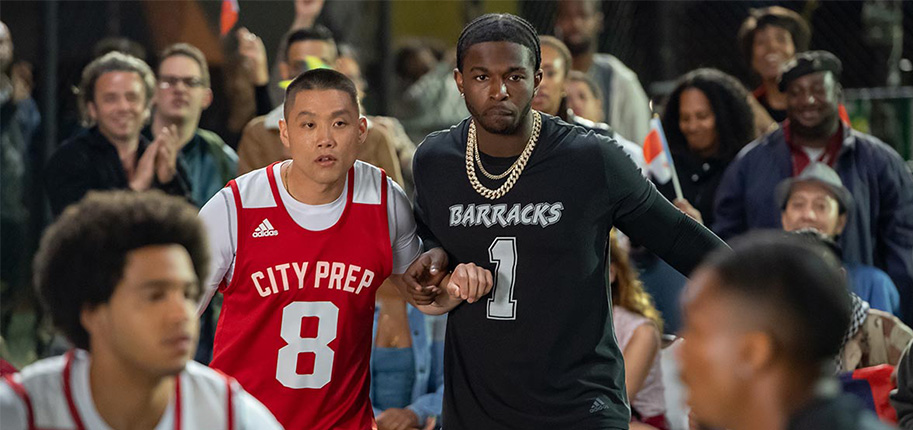
It’s in that angle where Huang clearly has something to say with these characters and indeed paints the picture nicely at times, like when Boogie sits with his father and watches tennis player Michael Chang win a Grand Slam tournament. His father addresses the importance of this moment in Asian-American history, saying what it felt like watching Chang’s monumental win right when it happened. By building up this sort of “boss battle” angle between Boogie and Monk, you can see Huang needing to create this own moment for his character, which is admirable from a representation standpoint.
Huang ultimately fails to meet that moment, too. Every moment of basketball feels like a slightly more professional recording of a high school game. The illustration of how talented both Boogie and Monk are at ball is executed with little more than some good dribbling and solid lay-ups. Because there’s no kinetic energy in how the games are shot, the whole idea of these men being so good — almost mythical — at the game doesn’t hold any water. Everyone around them keeps talking up their skills, and yet when it comes time for the ultimate showdown, the pacing is deflated and the stakes non-existent. Huang seems more interested in letting their hype soar in talks rather than letting it come to life on the court. This is meant to be a big resolution between all the characters, and Huang tries to wrap it all up in a nice little bow rather than having it all make sense. The fantasy of his character’s triumphant moment feels like nothing more than just that, with narrative or emotional heft to make it feel real.
Whatever Huang was trying to do with his movie, he mostly misses the shot. What his story offers in insight and perspective within a worn genre, it lacks in emotional resonance and style, ultimately crumbling under the weight of the conventions it’s trying to defy. There are interesting angles – especially between the parents – but he fails to really dig into Boogie as a character, and whatever connection Huang had to him on the page didn’t translate to the screen in a way that feels meaningful. I never got past seeing him as a cocky jackass, leaving disconnected almost from the word "go". Whatever ideas Huang brings to Boogie fall in the execution, so hopefully, if Huang gets behind the camera again, he can learn from the experience and actually make most of the shots he takes.


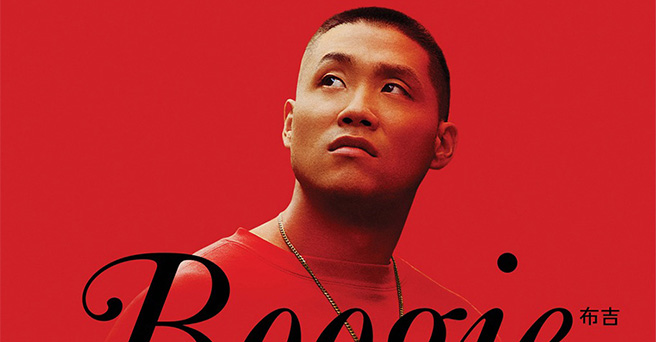




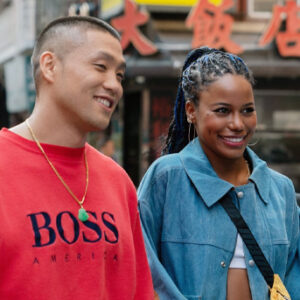
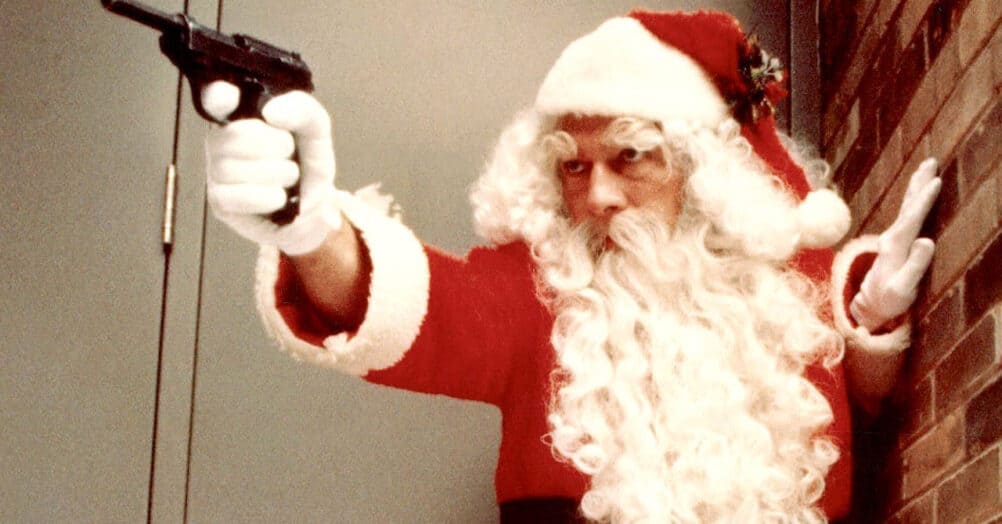

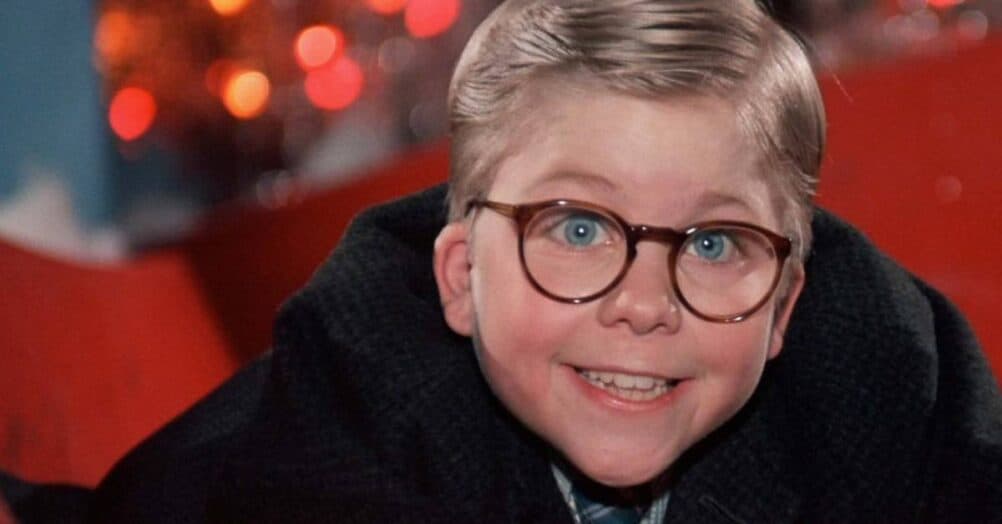







Follow the JOBLO MOVIE NETWORK
Follow us on YOUTUBE
Follow ARROW IN THE HEAD
Follow AITH on YOUTUBE